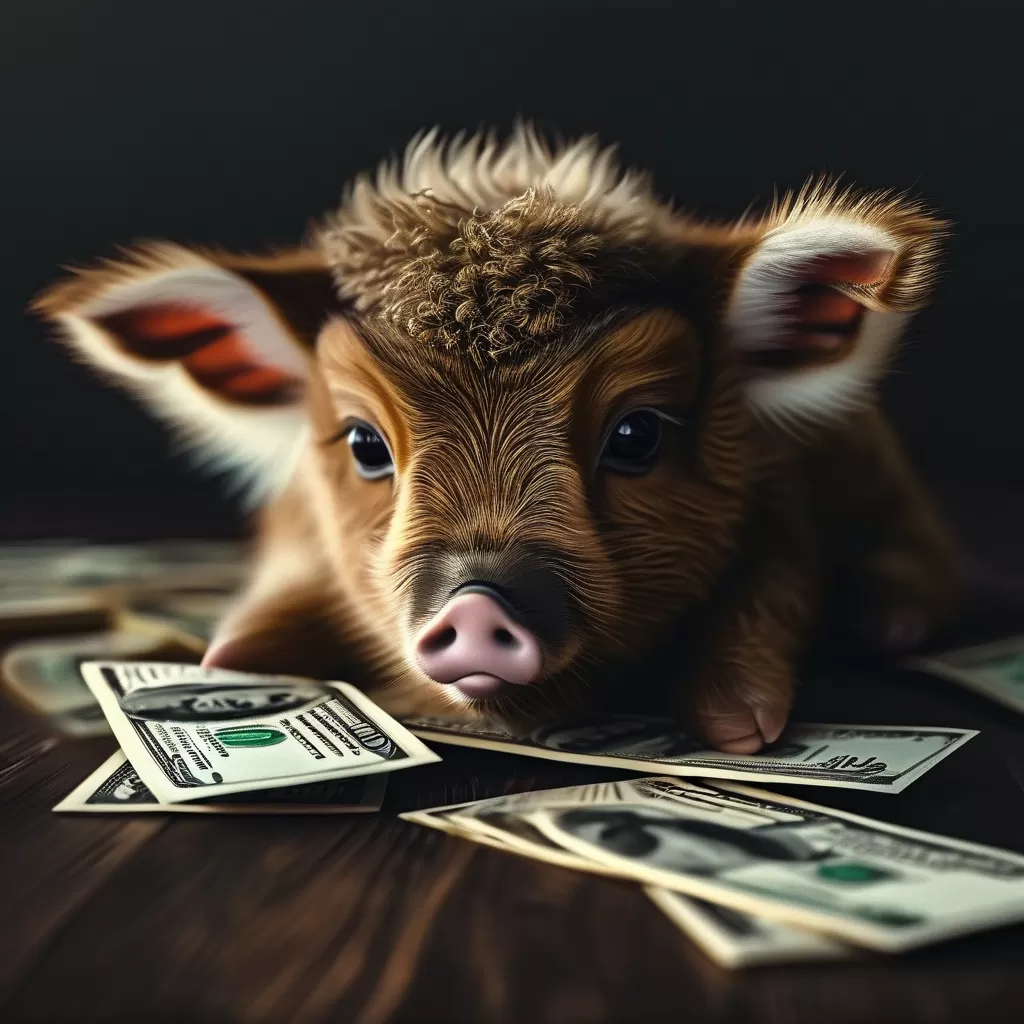Conviction Upheld: The Enduring Hush Money Saga Continues
The term “hush money” evokes images of private agreements, secrets kept, and financial transactions designed to maintain silence. It’s a concept often associated with powerful individuals and the wealthy, raising questions about influence, justice, and the nature of public service. The recent developments in the legal case involving former President Donald Trump, particularly the affirmance of his hush money conviction, have thrust this specific type of transaction back into the national spotlight, reminding us that the legal and ethical implications of such payments can have lasting consequences.
Defining the Term: What is Hush Money?
At its core, hush money refers to compensation paid to an individual to prevent them from disclosing sensitive or damaging information. This information could range from personal misconduct, private agreements, embarrassing circumstances, or potentially illegal activities. The payment acts as a quid pro quo for silence. While the term often carries a negative connotation, implying an attempt to obstruct justice or conceal wrongdoing, the act of paying someone to keep quiet about something is not inherently illegal in all circumstances.
However, the legality of hush money arrangements hinges critically on the nature of the information being sought to remain secret and the context in which the payment is made. Paying an individual to keep quiet about a minor personal matter might be considered unethical but perhaps not a criminal offense. Conversely, paying someone to conceal evidence of a crime, obstruct an investigation, or influence a public official’s actions could constitute serious crimes, including bribery, conspiracy, and obstruction of justice.
In the context of celebrity scandals or private disputes, hush money payments might be made to prevent the release of embarrassing photographs or information. These situations, while uncomfortable, often fall outside the purview of criminal law unless they involve coercion, fraud, or violate specific state laws regarding non-disclosure agreements (NDAs) related to illegal acts. The key differentiator is whether the agreement attempts to cover up wrongdoing.
The Enduring Legal Saga: The Case of Donald Trump
The current hush money saga involving former President Donald Trump represents one of the most high-profile and complex applications of this concept in recent American history. The case stems from actions taken years before his presidency, involving alleged improper conduct and subsequent attempts to silence the individuals involved through financial means.
Initially, Trump was charged in a New York state court with criminal offenses related to an alleged sexual assault incident. To mitigate potential fallout and maintain his public image, particularly ahead of the 2016 presidential primaries, sources reportedly arranged for Trump to pay substantial sums to alleged victims or witnesses. The primary figure often discussed in connection with these payments was Stormy Daniels, a porn actress who claimed Trump had an affair with her and then allegedly paid her to keep quiet about it before the 2016 election.
The legal proceedings surrounding these alleged payments have been lengthy and complex, navigating state and federal jurisdictions, and involving questions of presidential immunity and the reach of state criminal law. In 2023, a significant milestone occurred when a federal jury in New York convicted Trump on hush money charges related to a separate incident involving an adult film performer, Jack Quinn. The jury found him guilty of one count of felony obstruction of justice and four counts of felony falsifying business records. This verdict represented a direct application of federal law to actions undertaken by a sitting president, raising profound questions about accountability.

Despite this conviction, the legal fight continued. In an unexpected turn, the hush money conviction was overturned on appeal by the same court that had issued the jury’s verdict. The U.S. Court of Appeals for the Second Circuit vacated the judgment, sending the case back to the trial court for further proceedings. The appellate court’s decision focused on specific evidentiary issues related to the prosecution’s case regarding the Quinn incident.
Subsequently, a federal appeals court issued another ruling relevant to the broader hush money allegations. This ruling ordered a lower court to revisit whether President Trump’s (having left office at the time of the ruling) New York hush money conviction deserved to stand. This indicated the complex and evolving nature of the legal arguments surrounding these charges, even years after the alleged incidents supposedly occurred.
Implications, Legal Precedents, and Public Perception
The enduring nature of the hush money case against Trump highlights several important points beyond the specific legal outcome. Firstly, it demonstrates the long shelf life of alleged misconduct and the potential for legal processes to span decades, even for individuals who later become president.
Secondly, the case raises significant questions about presidential conduct, potential conflicts of interest, and the ability of sitting heads of state to engage in actions that might be criminalized once out of office. The invocation of federal obstruction charges during his presidency marked a first, underscoring the unique legal landscape surrounding the highest office.
Thirdly, the saga has fueled ongoing public and political debate about ethics in Washington, the influence of money in politics and personal conduct, and the boundaries of presidential power. The repeated legal challenges and reversals keep the issue alive in the public consciousness, contributing to a persistent narrative about Trump’s presidency and actions prior to it.
Public perception of the case has remained deeply polarized, reflecting the broader political divisions in the country. For some, the hush money allegations represent serious crimes deserving full legal scrutiny. For others, they are baseless accusations used for political purposes. This division underscores the difficulty in reaching a consensus on complex legal matters involving high-profile figures.

The case also serves as a stark reminder for public officials and private citizens alike about the potential consequences of seeking to silence others through financial means. While the specific legal standards and definitions evolve, attempting to cover up misconduct or interfere with legal processes using hush money or similar arrangements carries substantial risks. The legal system, despite its imperfections, continues to grapple with these issues, seeking to balance the need for accountability against the complexities of human behavior and powerful interests.
The Broader Context: Hush Money in Society
While the Trump case has dominated recent headlines, the practice of paying hush money exists within a wider societal context. It can be found in corporate boardrooms, entertainment circles, and even local communities. Individuals might pay someone to keep quiet about a boundary violation, a business disagreement, or a personal scandal. While often regrettable, these situations are sometimes handled privately to avoid public disputes or reputational damage.
However, the legal system provides mechanisms to challenge agreements that seek to undermine justice or violate public trust. The distinction between private settlements and criminal conduct often lies in the intent behind the silence, the legality of the underlying act, and the presence of official investigations or proceedings. The Trump case, with its alleged connection to actions taken before his presidency and the subsequent legal battles, represents an extreme example of this boundary blurring.
The continued legal review and public discussion surrounding the hush money conviction highlight the enduring tension between personal privacy, public accountability, and the rule of law. As the case unfolds through further appeals or potential retrials (pending the resolution of the ongoing appeal regarding the conviction’s validity), it will undoubtedly continue to shape public discourse and legal precedent concerning similar future situations. The saga of hush money and its legal consequences remains far from concluded.

